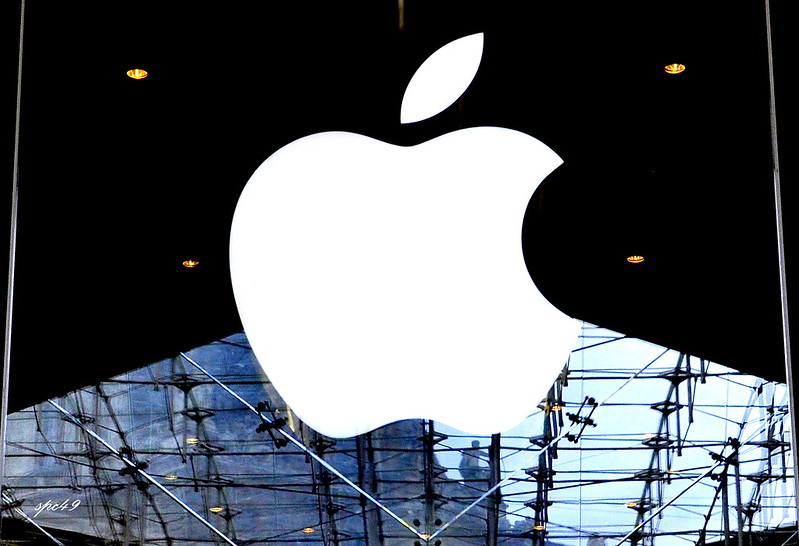U.S. District Judge Yvonne Gonzalez Rogers ruled on April 30 that Apple Inc. violated a 2021 court order meant to increase competition in its App Store.
In an 80-page ruling, Gonzalez Rogers said that Apple had failed to comply with an injunction requiring the company to allow developers to offer alternative payment methods within their apps, bypassing the App Store’s 30% commission fee. The decision is a key development in the long-running antitrust case between Apple and Epic Games, the creator of Fortnite.
The case began in 2020 when Epic Games sued Apple, accusing the company of anti-competitive behavior. Epic Games argued that Apple’s 30% commission on in-app purchases created a monopoly and prevented developers from sharing cheaper payment options outside the App Store.
In 2021, Gonzalez Rogers ruled that Apple was not a monopoly but found that the company’s practices violated California’s Unfair Competition Law. The judge ordered Apple to allow developers to include links to external payment options in its apps.
Despite the order, Apple introduced a new system that charged a 27% commission on external sales and displayed pop-up screens warning users about the security of external payments, potentially deterring customers.
“Apple’s continued attempts to interfere with competition will not be tolerated,” Gonzalez Rogers said. She added, “this is an injunction, not a negotiation. There are no do-overs once a party will fully disregards a court order.”
As a result, the judge referred Apple and its Vice President of Finance Alex Roman for a potential criminal contempt investigation and further restricted Apple’s ability to charge fees on external purchases.
Epic Games CEO Tim Sweeney said the ruling was a victory for developers and consumers, stating it forced Apple to compete with other payment services.
“There’s going to be a lot of latitude for developers to get better deals and for consumers to get better deals,” Sweeney said. “This is a wonderful, wonderful day for everybody.”
Apple spokeswoman Olivia Dalton said in a statement: “We strongly disagree with the decision. We will comply with the court’s order, and we will appeal.”
This ruling has broader implications for Apple and the tech industry. It highlights the growing scrutiny over Apple’s control over the App Store and reinforces the judiciary’s commitment to enforcing antitrust laws and promoting a more competitive digital marketplace.








